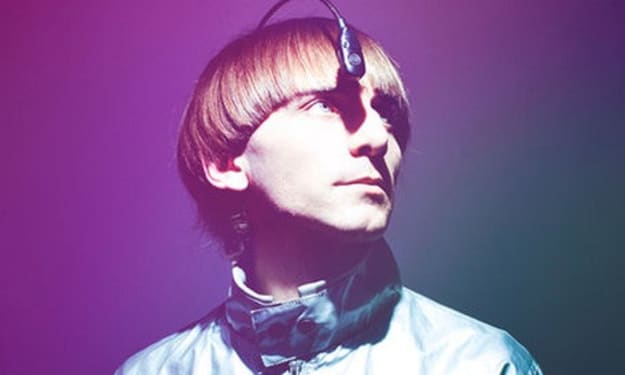Patriot or nationalist?
In today’s polarised society, both these terms have been used interchangeably. They are not quite the same.

The difference between patriotism and nationalism is that the patriot is proud of his country for what it does, and the nationalist is proud of his country no matter what it does; the first attitude creates a feeling of responsibility, but the second a feeling of blind arrogance that leads to war. — Sydney J. Harris
The terms patriotism and nationalism have been used interchangeably quite often in the recent past. They are not quite the same. Those who vociferously espouse nationalism today are actually “hyper-nationalists”. Here are a few thoughts for the patriots who are badgered by these hyper-nationalists.
Patriotism is love for your country. This means that you may accept the flaws in your country and still love it and be a patriot who will do all things for the well being, growth and protection of your country. A patriot may say “I know my country has a bad infrastructure, pothole-ridden roads, corrupt politicians etc but still, I love my country and will do all I can for its upliftment”.
It’s a bit like self-love. A self-lover may think, “I’m lazy, get angry soon, snore etc. but still, I love myself. I will get offended if an outer circle acquaintance insults me and may defend myself in some form but I will laugh it off when someone close makes fun of me.” Patriotism is similar, you may argue with a foreigner who belittles your country but will smile at a fellow countryman’s jibes. There is pride but no superiority complex.
The most aggressive manifestation of patriotism can be seen in the armed forces, their love for the country is amplified by a responsibility to protect it. And they are happy to lay down their lives for it. I wonder how many civilian patriots will do the same.
Hyper-nationalism, on the other hand, is based on an inherent belief that your nation(or creed) is superior to others in some way. The nation needs to be defended from all forms of tarnish. It needs an enemy. Where there is none, nationalism will usually manufacture an enemy. A hyper-nationalist will not hesitate to make his own countryman an anti-national if the notion of superiority is questioned. He dreads diversity as it defies standardization and is difficult to define a set of rules in a diverse group. An individual doesn’t have an identity without affiliation. You are an outsider if you are not an insider. Such nationalism is intolerant to criticism. And considers violent opposition of critics a moral duty.
A hyper-nationalist will say “My country is the best. All these faults people are finding are because they are intimidated or jealous of our might. If these countrymen find my country so much at fault, why don’t they leave the country?”
It’s more like narcissism. “I am a different breed. All these others are puny in front of me. I will rule them all. These people who don’t see my greatness are fools… or jealous… or dangerous”, a narcissist may think.
All nationalists are usually patriots, aggressive patriots. All patriots are not nationalists.
.................................................
Footnotes
Some interesting videos on the subject. The extracts seen post the links give you an idea of what is being discussed in the video.
“On Nov 21, 2016 Jonathan Haidt was interviewed at the Emmanuel Centre in London about “The Rise of Populism and the Backlash Against the Elites”. I edited the following highlight video with a focus on the topic of the globalist blind-spot of the left. Full clip quoted under fair use: https://www.youtube.com/watch?v=6gZ5U...”
“Patriotism is akin to the healthy form of self-love: it consists mainly of pride in one’s self-identity and values based on one’s culture and shared history. Patriotism is not exclusionary, but inclusive. Nationalism is very much like compensatory, malignant narcissism. It rears its head when people stop being patriots when they are rendered by circumstances (usually of their own making) ashamed of who they are: Nazi Germany comes to mind.”
“Americans should know the important difference between patriotism and nationalism”
“Despite being different concepts, patriotism and nationalism have increasingly been used synonymously. But blurring the lines between good and bad loyalty for ones country can lead to radicalization.”





Comments
There are no comments for this story
Be the first to respond and start the conversation.